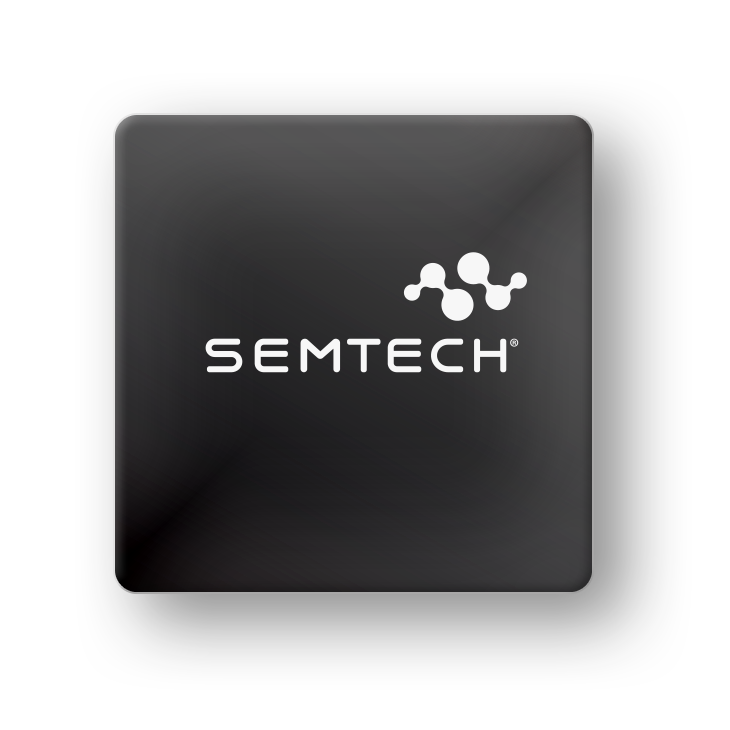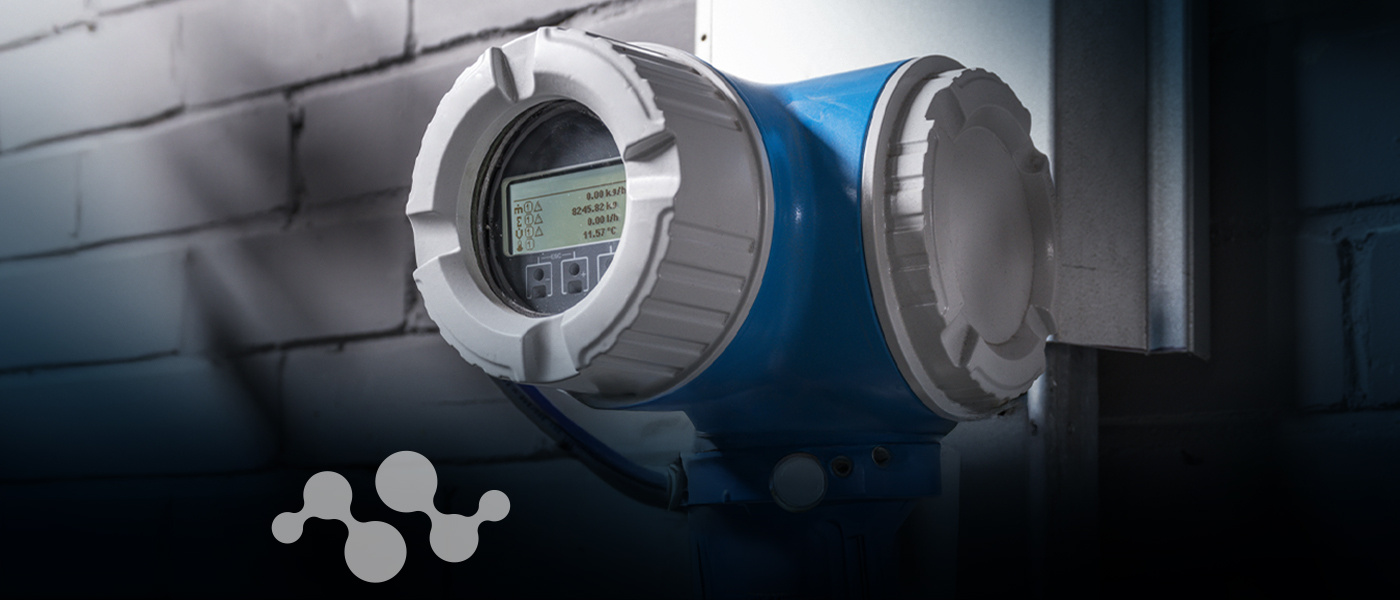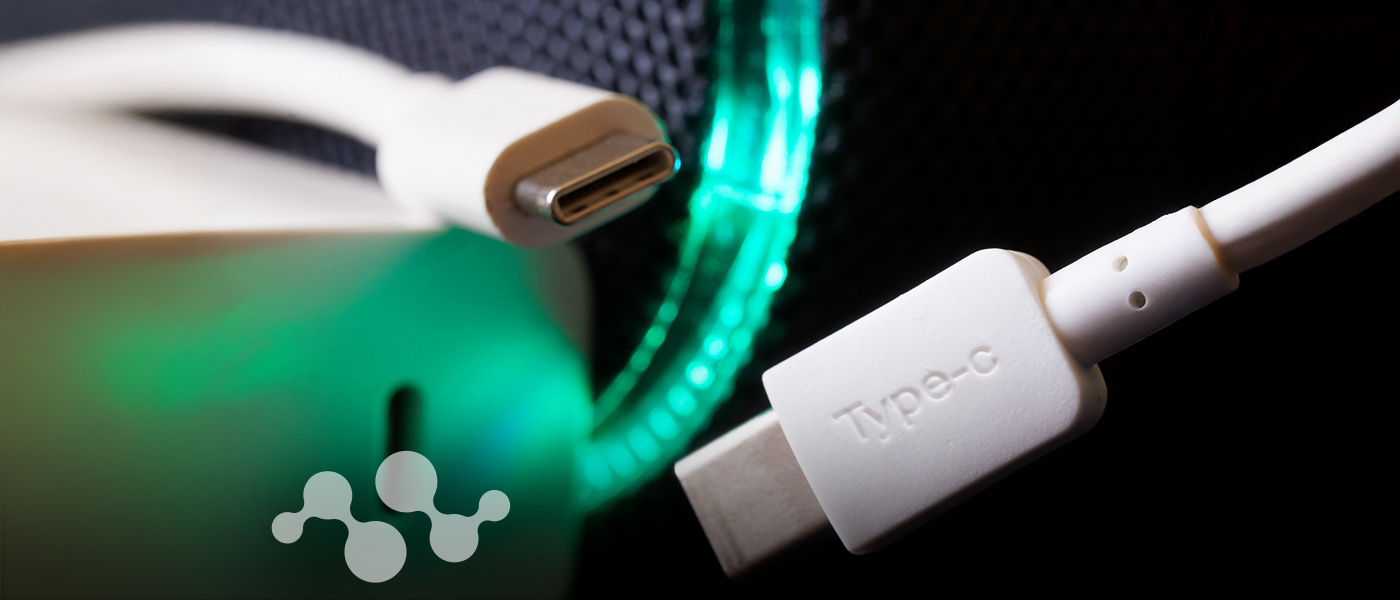Overview
The EClamp®2410PQ is a combination EMI filter and line termination device with integrated TVS diodes for use on Multimedia Card interfaces.
Packaging
- SLP4016P16
Order Codes
- EClamp2410PQTCT - Lead-free, RoHS/WEEE compliant
PB Free/ROHS
Learn More →Features
- Bidirectional EMI/RFI filtering and line termination with integrated ESD protection
- ESD protection to IEC 61000-4-2 (ESD) Level 4, ±15kV (air), ±8kV (contact)
- TVS working voltage: 5V
- Termination Resistors: 45Ω
- Pull Up Resistors: 15kΩ (3 each) and 50kΩ
- Typical Capacitance per Line: 12pF (VR = 2.5V)
- Protection and termination for six lines + Vdd
- Solid-state technology
- AEC-Q100 Grade1 Qualified
| Documents | Release Date | Type | |
|---|---|---|---|
| ECLAMP2410PQ Datasheet | 2019-05-25 | ||
Applications
- T-Flash / MicroSD Interfaces
- MMC Interfaces
- CDMA, GSM, 3G Cell Phones
- Automotive Applications
Inventory
| Product | Country | Distributor | Qty | Buy |
|---|


















